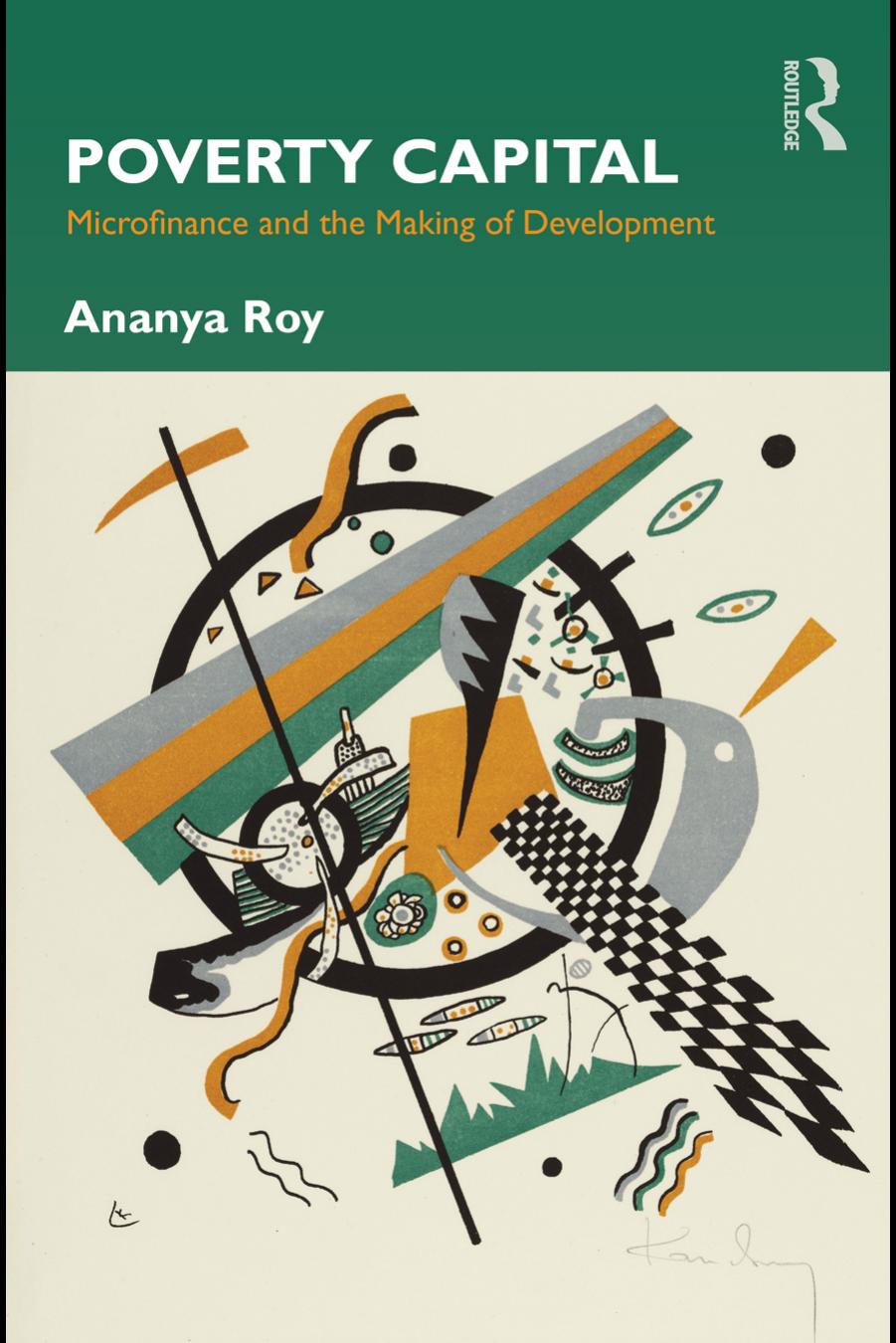Poverty Capital: Microfinance and the Making of Development by Ananya Roy

Author:Ananya Roy
Language: eng
Format: mobi, pdf
Publisher: Routledge
Published: 2010-04-22T21:00:00+00:00
The Performance of Dissent
The 2006 Microcredit Summit, held in Halifax, Canada, was a celebration of the Bangladesh consensus. Emboldened by the awarding of the Nobel Peace Prize to Yunus and the Grameen Bank, speakers at the summit repeatedly cast doubt on CGAP best practices. The most dramatic of these performances came from Shafiqual Haque Choudhury, the founder and president of ASA. In a plenary session on institutional action plans held on November 14, 2006, Choudhury spoke after a well-received presentation by Ingrid Munro of the pro-poor Kenyan microfinance organization, Jamii Bora. Choudhury boasted of the rapid growth of ASA, claiming that his organization had achieved in 12 years what it took BRAC 24 years to build. âWe are the lowest cost microfinance provider in the world,â he insisted. âWe are the McDonaldâs of microfinance. We operate through standardization and decentralization. McDonaldâs provides cheap and affordable models. We provide microfinance.â
At first, the message seemed in keeping with the global discourse of best-practice microfinance, for which ASA has long been the low-cost darling. Repeatedly ranked as one of the top ten global MFIs by the MIX, ASA seemed to be claiming a mantle of greatness in the wake of Grameenâs fall from grace. Once hailed as the âFord motor model of microfinanceâ (Fernando and Meyer 2002), Choudhuryâs McDonaldâs analogy seemed to now present ASA less as an efficient assembly line churning out microloans and more as a nimble network of franchises rapidly serving up a standardized formula. At Halifax, Choudhury proudly declared that by the global standards established by CGAPâfrom productivity to FSSâASA was a success.
However, Choudhuryâs narrative was more complex than a proclamation of CGAP-endorsed success. In just a few minutes he shifted to a bitter rant against âWesternâ consultants and their control of the circuits of development knowledge:
We run our own programs. We did not get them from Harvard. We designed them . . . We donât need people educated in the US to tell us how to manage our accounts and calculate our finances. What are accounts? Debit and credit. A right side and left side. We donât need to attend long and expensive courses in Europe and America to learn how to do microfinance, or to cook or to drive . . . Consultants come from the West and they charge 800 euros a day and stay in five-star hotels and study poverty.
Turning to Sam Daley-Harris, founder and president of Results, he continued: âFor you Sam, a dollar is a coin. For a Bangladeshi, it is two kilos of rice.â âWe do the work to serve poor families. We know who the poor are, what poverty is. But if we
donât hire a few academics with Ph.D.s they wonât believe that we have done the work.â Choudhuryâs speech received wild applause from the Microcredit Summit audience. Attendees, many of them from the global South, leapt to their feet, showering him with bravos and cheers. Choudhury emerged as the folk hero of the summit, wrapping himself in the aura of the Bangladesh consensus.
Download
Poverty Capital: Microfinance and the Making of Development by Ananya Roy.pdf
This site does not store any files on its server. We only index and link to content provided by other sites. Please contact the content providers to delete copyright contents if any and email us, we'll remove relevant links or contents immediately.
Zero to IPO: Over $1 Trillion of Actionable Advice from the World's Most Successful Entrepreneurs by Frederic Kerrest(4573)
Machine Learning at Scale with H2O by Gregory Keys | David Whiting(4313)
Never by Ken Follett(3957)
Harry Potter and the Goblet Of Fire by J.K. Rowling(3858)
Ogilvy on Advertising by David Ogilvy(3622)
Shadow of Night by Deborah Harkness(3368)
The Man Who Died Twice by Richard Osman(3080)
Book of Life by Deborah Harkness(2939)
The Tipping Point by Malcolm Gladwell(2925)
Will by Will Smith(2920)
Purple Hibiscus by Chimamanda Ngozi Adichie(2855)
0041152001443424520 .pdf by Unknown(2846)
My Brilliant Friend by Elena Ferrante(2831)
How Proust Can Change Your Life by Alain De Botton(2814)
How to Pay Zero Taxes, 2018 by Jeff A. Schnepper(2655)
Hooked: A Dark, Contemporary Romance (Never After Series) by Emily McIntire(2555)
Rationality by Steven Pinker(2366)
Can't Hurt Me: Master Your Mind and Defy the Odds - Clean Edition by David Goggins(2342)
Borders by unknow(2315)
